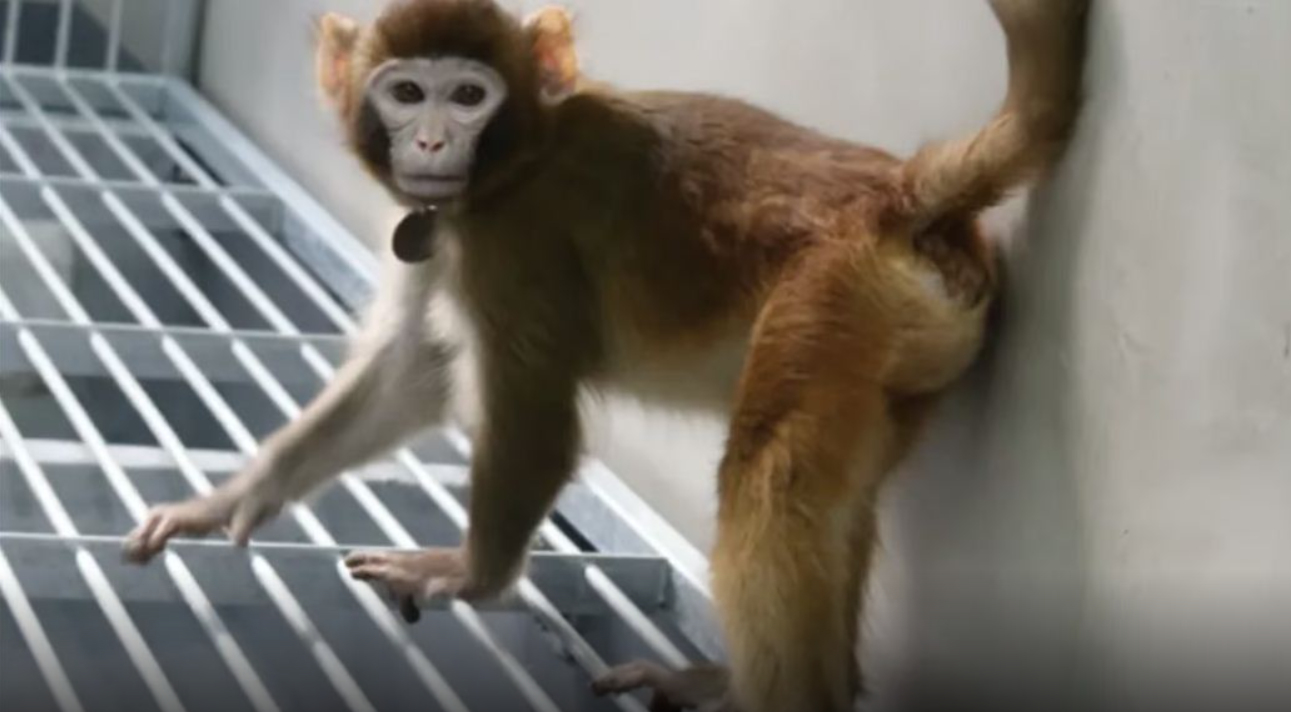Clones of Red Monkeys:
Chinese scientists have successfully cloned a red monkey (Rhesus) for the first time. The physiological functions of this monkey species are similar to humans, which is why they are often used in medical research. Cloning red monkeys aims to accelerate research, particularly in drug testing, as genetically identical animals yield more consistent results in clinical trials, increasing the reliability of the findings.
Earlier attempts at rhesus Clones of Red Monkeys cloning did not produce the desired outcomes, as the clones either failed to survive or died within a few hours of birth. An animal welfare organization has expressed deep concern about this trend in research involving cloning. In mammals, offspring produced through sexual reproduction inherit a mix of genes from both the mother and the father. However, cloning creates a genetically identical organism from a single organism. The most famous cloned animal, Dolly the sheep, was created in 1996. Scientists reprogrammed a cell from another sheep into an embryo, which then developed into cells capable of forming any part of an organism. Dolly’s embryos were implanted into a surrogate mother, leading to her birth.
For Clones of Red Monkeys: Writing in the journal Nature Communications, the researchers noted that they applied a similar method to clone a rhesus (or red) monkey. They also stated that the animal has remained healthy for more than two years, indicating the success of the research.
Dr. Falong Lu, from the Chinese Academy of Sciences University, told the BBC that the team was thrilled with the success. However, a spokesperson for the UK’s Royal Society for the Prevention of Cruelty to Animals (RSPCA) raised concerns, stating that the suffering inflicted on the animals far outweighed any potential immediate benefits to human patients.
Clones of Red Monkeys Rhesus are primarily found in the forested regions of Asia, especially in countries like India, Thailand, Vietnam, China, Pakistan, and Afghanistan. This species of monkey is widely used in research on infectious diseases and immune responses. In 2018, Chinese scientists successfully cloned macaque monkeys, and now they have cloned a rhesus monkey. The researchers used 113 embryos to create the clone, of which 11 were implanted, resulting in two pregnancies and one live birth. The researchers employed the trophoblast replacement method to create the clone, which they named Retro.
Clones of Red Monkeys, like other species, offers significant potential for studying human diseases, genetics, and developing treatments. However, it also raises ethical questions, particularly about the extent and purpose of cloning, especially in complex primates. These scientific advancements aim to advance medical research, particularly in areas like neurodegenerative diseases and genetic disorders.

